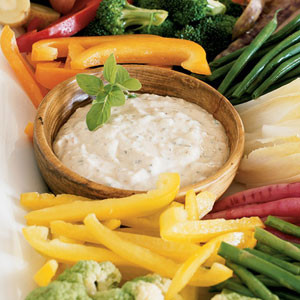Ash Lewis was limp in his mother’s arms. The three-year-old boy had been sick for several days, in and out of the family doctor’s surgery and up all night with diarrhea.
That Sunday he had been happily playing on the beach at Torquay on Victoria’s west coast and later munching on an egg and cheese roll at a beachside cafe. He and his  mother had left Melbourne to escape February’s heatwave.
mother had left Melbourne to escape February’s heatwave.
By Thursday his condition had gone downhill fast. He stopped speaking and couldn’t walk. His parents, Scott and Sarina Lewis, rushed him to the Royal Children’s Hospital in Melbourne. His blood pressure was down, his heart rate was low and his face was the ”colour of concrete.”
From the happy little boy playing in the sea he was now in hospital with an IV drip in his arm.
An estimate by the federal Department of Health puts the number of Australians contracting food-borne illness at 5.4 million cases, or nearly one in four, with 120 people so seriously affected they die. The cost to the economy has been put at $1.25 billion.
Richard Cornish of Good Food writes that incidents involving Salmonella have almost doubled in the past 10 years, from 6,990 in 2003 to 12,836 in 2013. In Brisbane last year, 220 people became ill and one elderly woman died after a Melbourne Cup lunch. The finger was pointed at raw egg mayonnaise contaminated with salmonella. In 2010, salmonella-contaminated aioli made with raw egg was found to be the cause of an outbreak in a hamburger bar that struck down 179 people
A stool sample taken from Ash confirmed he was infected with Salmonella bacteria causing gastroenteritis. The sandwich he ate at that cafe was prepared with mayonnaise made with free-range eggs. Owners of the cafe we spoke to believe this is the most likely cause of the food poisoning.
Brett Graham is the co-owner of the Bottle of Milk in Torquay. At the time of writing his cafe was still closed, three weeks after the food poisoning outbreak was identified. He has scrubbed his business from floor to ceiling, spent $20,000 rebuilding the kitchen, complete  with new fridges and dishwashers, and installed a window so diners can look in. “No one intentionally tries to make someone sick. I, we [he has a business partner], we feel terrible,” he says. “It’s a small town and a lot of people we know personally have been affected.”
with new fridges and dishwashers, and installed a window so diners can look in. “No one intentionally tries to make someone sick. I, we [he has a business partner], we feel terrible,” he says. “It’s a small town and a lot of people we know personally have been affected.”
The business is still paying their staff of 20.
Seventy-seven diners who fell ill after eating at Canberra restaurant Copa Brazilian Churrasco last year are at present taking civil action against its owners in the ACT Supreme Court. A total of 140 people fell ill, with 15 taken to hospital, after eating home-made mayonnaise at the restaurant in May last year.
Here’s a tip: don’t use raw eggs.
Why won’t Australian government or industry or consumer groups make such a basic statement, and actively promote the message? Instead, consumers are told it’s their fault when they buy a sandwich made with raw egg mayo and get sick. And consumers pay for such terrible messages with tax dollars.
A table of raw egg related outbreaks in Australia is available at https://barfblog.com/wp-content/uploads/2014/03/raw-egg-related-outbreaks-australia-3-3-14.xlsx.
